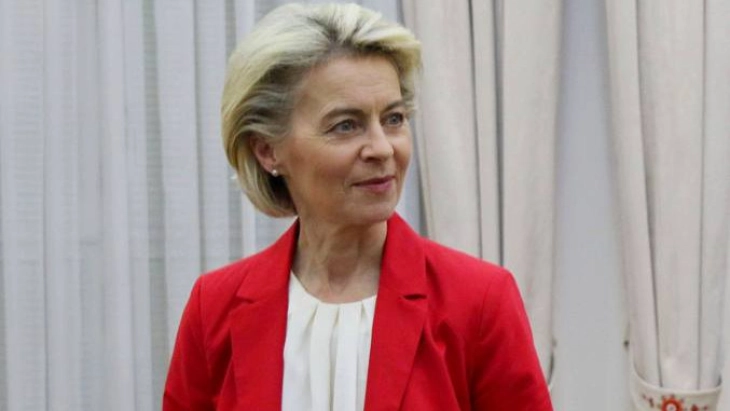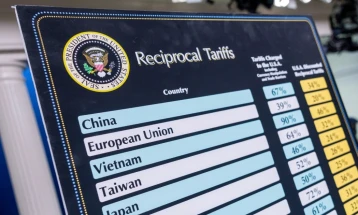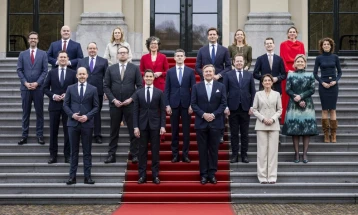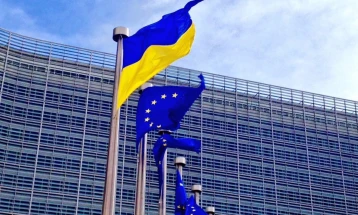EU's von der Leyen to unveil new commission as bitter Breton resigns
- European Commission President Ursula von der Leyen is to announce her new leadership team to the European Parliament on Tuesday amid the angry and abrupt resignation of France's Thierry Breton.

Strasbourg, France, 17 September 2024 (dpa/MIA) — European Commission President Ursula von der Leyen is to announce her new leadership team to the European Parliament on Tuesday amid the angry and abrupt resignation of France's Thierry Breton.
The former EU internal market commissioner said that von der Leyen asked Paris to nominate another person in exchange for "an allegedly more influential portfolio for France" in the EU executive arm in a resignation letter on X.
Breton, who is the incumbent French commissioner, said this "political trade-off" was made "for personal reasons that in no instance" von der Leyen discussed directly with him.
The former French candidate, who publicly criticized von der Leyen's leadership during the recent European Parliament elections, said this was "further testimony to questionable governance" in the commission.
The German conservative politician has often been criticized by opponents for her centralized approach to governing the European Union's executive arm.
A spokeswoman for the commission declined to comment on the public contents of Breton's letter and the attack made on von der Leyen's leadership.
Breton's surprise resignation has added to the speculation as von der Leyen wrangles with EU countries over policy portfolios, trying to balance geographic and political factors.
The process has already been delayed over a domestic political row in Slovenia about the nomination of a candidate to the commission.
There is also the matter of where to appoint the Italian candidate, Raffaele Fitto, from Italian Prime Minister Giorgia Meloni's far-right Brothers of Italy party in the commission.
Meloni did not back von der Leyen for a second term in the commission, however von der Leyen needs to consider the risk of Italy drifting further to the right in opposition to the EU like Hungary.
Complicating matters further is von der Leyen's request for EU member states to nominate a man and a woman for the commission roles in pursuit of gender parity among her 26 commissioners.
The commission president made exceptions to this request for EU countries that wished to nominate their sitting European commissioner, like Breton, for another term.
However, most EU member states defied von der Leyen's request and nominated only one candidate to the commission, the majority of them being male.
There is no legal requirement in EU treaties to nominate a male and a female candidate.
After the surprise resignation of Breton, the Élysée Palace announced the nomination of Stéphane Séjourné, the outgoing French foreign minister. Paris did not nominate a woman to replace Breton.







